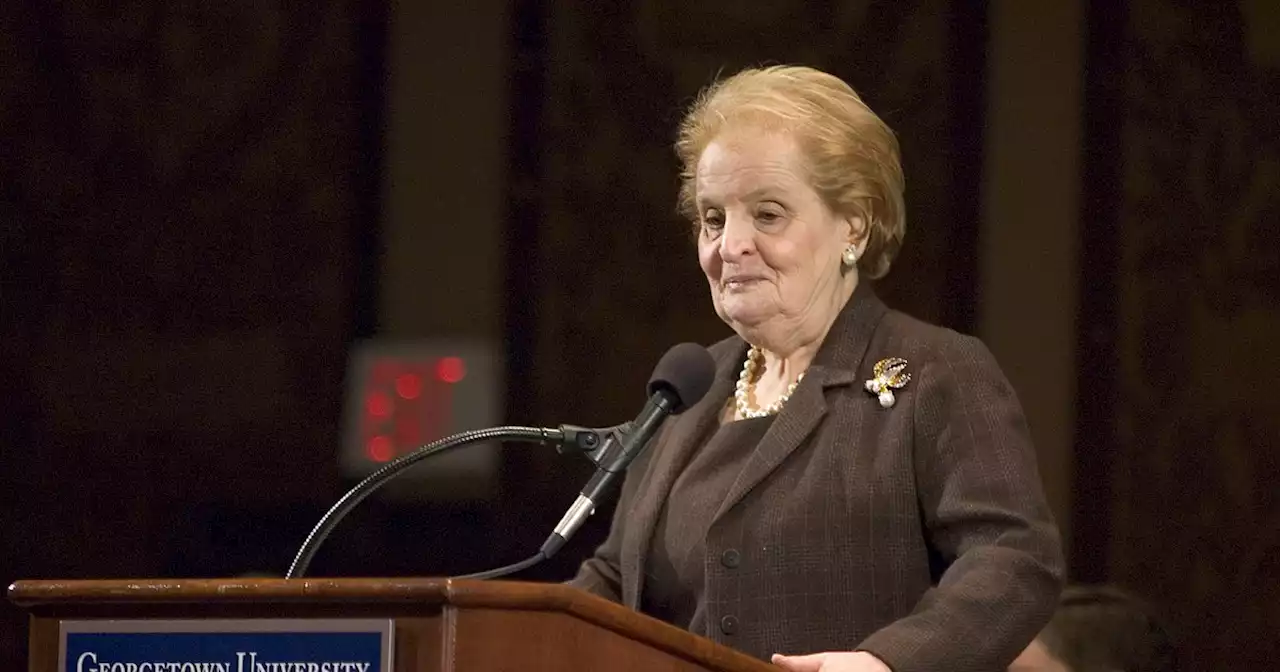'Before you write or repost articles about Albright and how wonderful it is to see women pushing boundaries and breaking glass ceilings in politics, take a minute to learn what she chose to do with the power she had.'
Often, after the demise of political figures, their troubling histories are whitewashed in the name of respecting their memories and the feelings of their families. The passing of former United States Secretary of State Madeleine Albright on Wednesday has been no exception.eulogizing her achievements.
The most prominent memory of Albright that I have in my mind is from an interview she gave to CBS 60 Minutes in 1996. “I think that is a very hard choice,” Albright answered, “but the price, we think, the price is worth it.” I remember sanctions era Iraq very well. It was almost impossible to maintain contact with family members and friends in the country, as telephone services remained very limited. When I visited Iraq, to my shock I saw even the most basic products – like milk – could not be found in local markets. The people were hungry and hopeless.
“Requested radiotherapy equipment, chemotherapy drugs and analgesics are consistently blocked by United States and British advisers [to the Sanctions Committee at the UN],” explained Professor Karol Sikora, then chief of the cancer programme of the World Health Organization, in a 1999 article published in the British Medical Journal. “There seems to be a rather ludicrous notion that such agents could be converted into chemical or other weapons.
